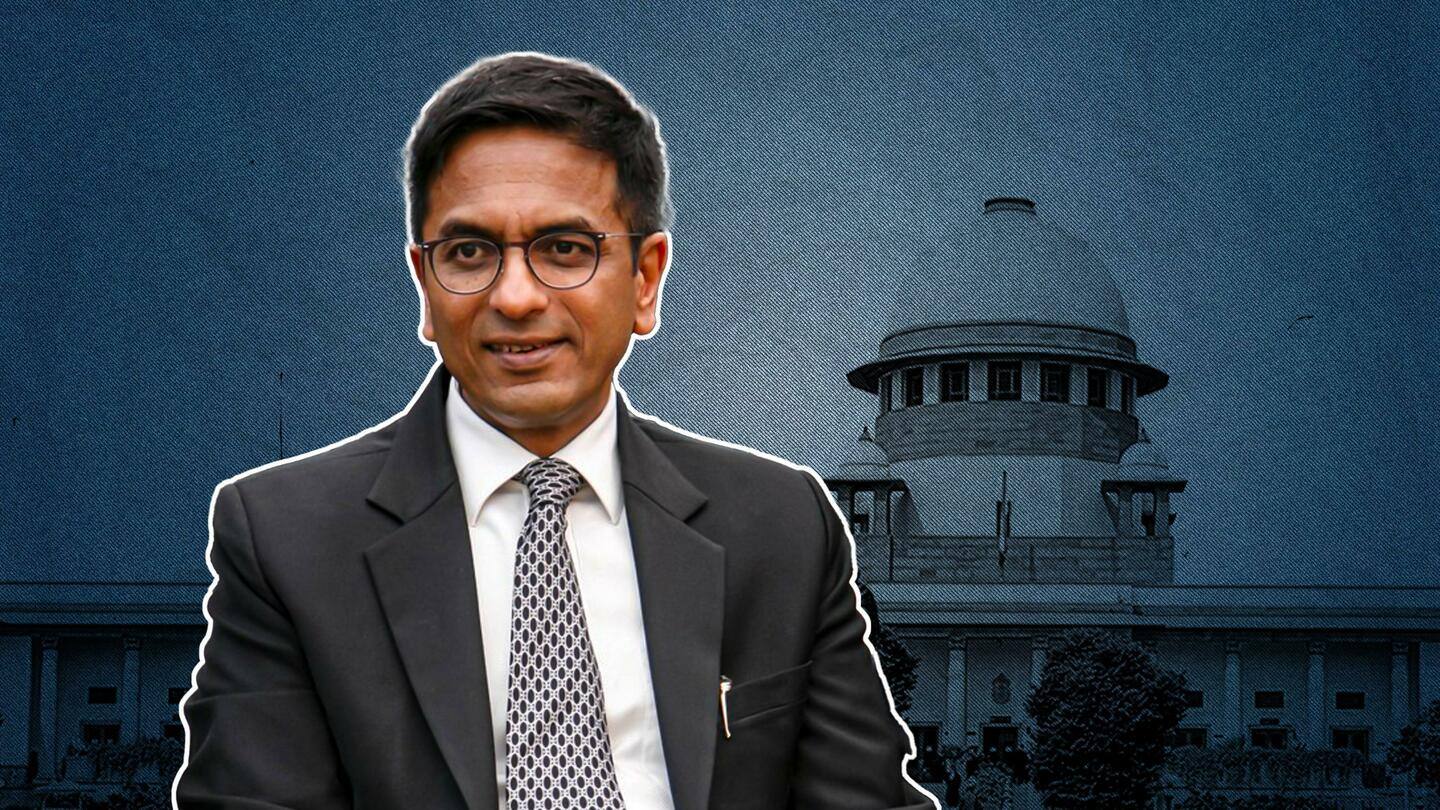
Supreme Court gets 5 new judges, CJI Chandrachud administers oath
What's the story
Chief Justice of India (CJI) DY Chandrachud on Monday administered the oath of office to the five judges newly elevated to the Supreme Court. The top court's working strength has now reached 32, while the maximum number is 34. The new SC judges are Justice Pankaj Mithal, Justice Sanjay Karol, Justice Sanjay Kumar, Justice Ahsanuddin Amanullah, and Justice Manoj Misra.
Context
Why does this story matter?
The five judges' appointment warrants were issued on Saturday after the SC expressed displeasure over the delay in appointments recommended by the collegium nearly two months ago. The Centre and the judiciary have crossed swords over the appointment procedure. The government has called for the collegium system to be abolished, terming it "opaque," while the judiciary accused it of attempting to control appointments.
Details
SC Collegium recommended two more names on January 31
The swearing-in ceremony was held at the SC's auditorium in its new building complex. On January 31, the six-member SC Collegium also recommended the elevation of Allahabad High Court Chief Justice Rajesh Bindal and Gujarat High Court Chief Justice Aravind Kumar as SC judges. Now, two more vacancies remain to be filled in the SC. Notably, the recommendations are cleared by the country's president.
Information
Where newly-appointed judges were serving earlier
Justice Mithal was serving as the Chief Justice of the Rajasthan High Court, Justice Karol as the Patna HC Chief Justice, Justice Kumar as Chief Justice of the Manipur HC, Justice Amanullah as a Patna HC judge, and Justice Misra as an Allahabad HC judge.
Tussle
Government pushing for collegium to be replaced by NJAC
In November, Law Minister Kiren Rijiju called for the end of the collegium system, calling it "alien" to the Indian Constitution and claiming India was the only country where judges appoint judges. Vice President Jagdeep Dhankar also questioned the SC for quashing the National Judicial Appointments Commission (NJAC) Act and a related constitutional amendment Act in 2015, calling it a compromise of parliamentary sovereignty.
Recommendation
Government bound to accept names reaffirmed by collegium
The government has been accused of sitting on the collegium's recommendations. In November, it returned 19 of the 21 names recommended by the SC Collegium. The government stalled at least 10 names despite the collegium reaffirming them in July 2022. As per the Memorandum of Procedure, if a decision is reaffirmed by the collegium, the government is bound to accept it.